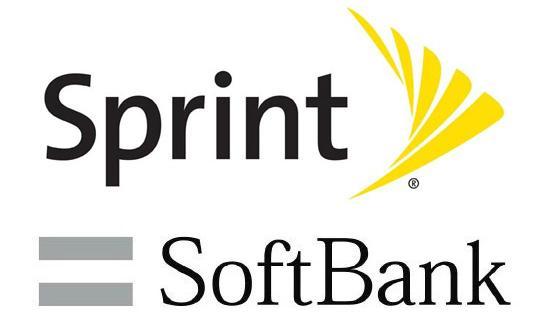
The proposed merger of Sprint and SoftBank is one of several major deals that are brewing in the U.S. wireless industry. Because it involves a major Japanese company acquiring nearly three-quarters of a large American carrier, though, the deal is being subjected to a bit more scrutiny from regulators than the other agreements. The most recent example of this relates to Sprint and SoftBank's options when it comes to purchasing routers, servers, switches and other equipment.
According to a report from The New York Times, the U.S. government has requested that Sprint and SoftBank allow it to keep an eye on any changes made to Sprint's network equipment. Officials also want to monitor the amount of hardware that Sprint and SoftBank purchase from Chinese manufacturers, especially Huawei. Both Sprint and SoftBank have promised Congress that they will not use Huawei equipment in Sprint's U.S. network, and they have also assured officials that any Huawei-made products that are already in use in Clearwire's network will be replaced. Rep. Mike Rogers of Michigan, who serves as chairman of the House Permanent Select Committee on Intelligence, says that Sprint and SoftBank executives have already assured him that they will not use Huawei equipment.
Both Huawei and ZTE were recently named as potential threats to national security by the intelligence committee, which said that networking equipment from both companies could be used by the Chinese government to spy on the U.S. Huawei and ZTE have denied these accusations, but the government still has its concerns. Because of this, it's no surprise to hear that Sprint and SoftBank have agreed to avoid using Huawei equipment with Sprint's network. The two companies are likely eager to get regulatory approval for their deal, and without agreeing to let the government keep an eye on the networking tech that they're using, their odds of getting the A-OK from regulators would likely be much slimmer.